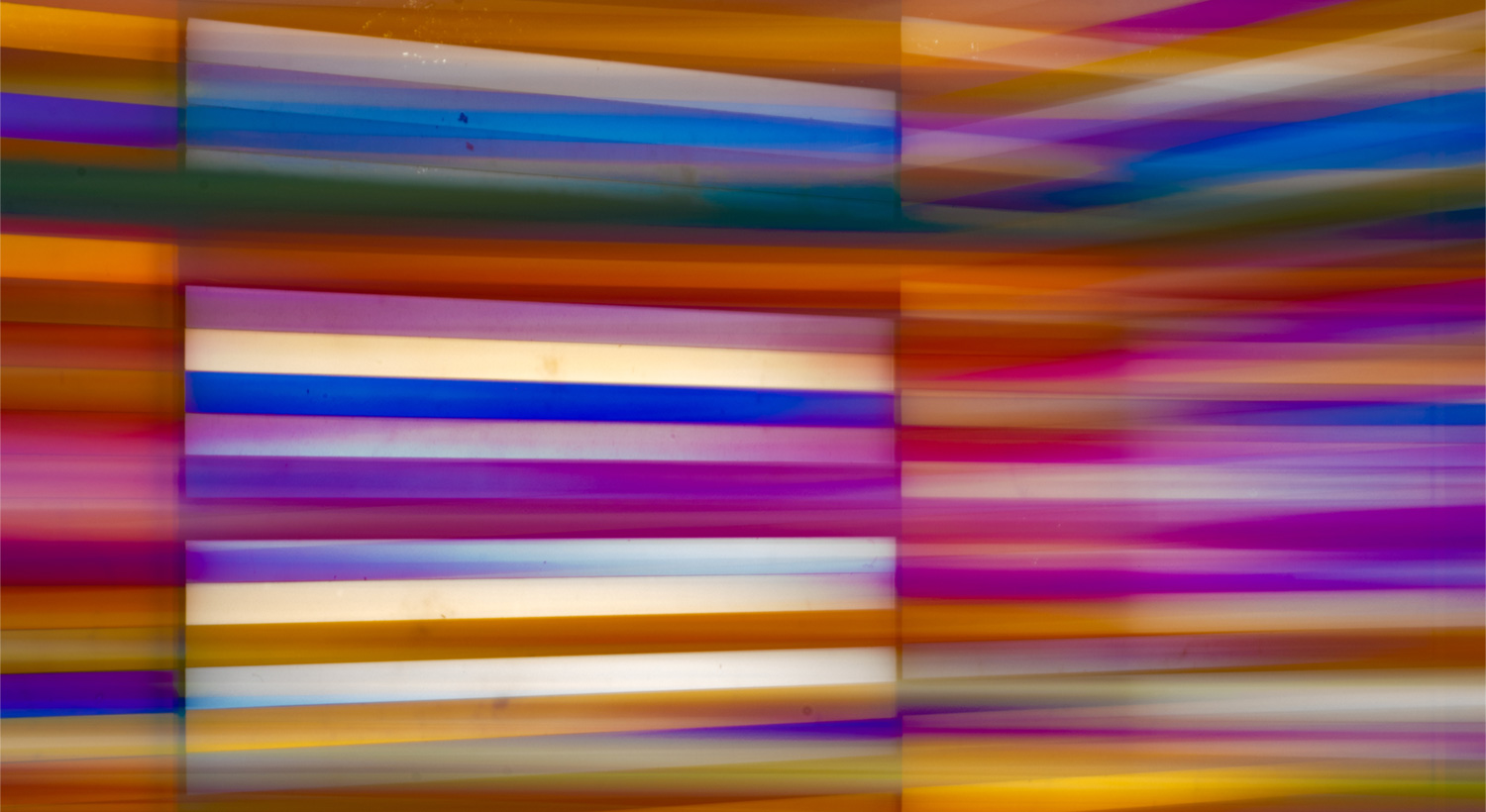Heroes should stay dead, they leave no room for the living. Achilles, hero, heroic, champion of the Trojan war. His legacy lives on in statue form, glistening marble, seen by children on their 8th-grade field trips, most of whom laughing, making jokes amongst abashed unamused teachers about how the sculptor forgot to sculpt a pair of pants on the mighty man.
◽
“Statuesque”, the word used to describe the hero of legend. A towering pillar of strength. Passed down from generation to generation, from a father’s father to a father’s son. Each new time met with beaming faces, burning eyes, a desperate longing to become a hero, an unyielding titan, a man.
◽
Manhood, personified in heroic statue. Unassuming stone carefully crafted into a representation of everything that it means, meant, to be manly. An ideal, a notion, an expectation, living on within the chiselled abs and bulging biceps. A corpse of a concept living well beyond its lifespan preserved like a tinned fruit within the confines of a marble mausoleum. An antiquarian attempt at articulating all the aspects of Achilles.
◽
“Heel”, an instruction, a command, given to dogs who misbehave. To “heel”, to withdraw, to “hold back”. The same command given to young boys who start crying on the bathroom floor during their 8th-grade field trip because Tony made fun of their makeup. Hidden amongst the bodies of Achilles, Ajax, and Agamemnon, a failed attempt at replicating what it means to be a hero, agony.
◽
Emotion, not something considered when sculpting a hero. To be a hero is to be a man, to be a man is to be indifferent, immovable, stoic, statuesque, repressed. To coat one’s mind and body with the same iron woven into the veins of the ancient heroes. But these are not qualities of a “man”, they are qualities of a rock. A pallid, dead, unfeeling, unthinking, rock. To be Achilles is to be a rock, mind trapped within the marble, much as how many feel trapped in the body of who they are not, confined by the artist’s desires.
◽
Who is the artist to Achilles anyway? Who are they to decide that emotion isn’t exactly what should be considered when creating the hero? Who was ever given the right to decide that makeup cannot be what makes up the man, or that a man inside a skirt is not still a man? Achilles wore a skirt did he not? Who was it that decided that Achilles should be deemed a man for his capacity of violence and not his capacity of love for Patroclus, his fellow man? Maybe marble is not the only material that can represent heroes, represent young boys, represent men. Maybe some men are better shown in silk, tender, gentle, but still strong in it’s own right, possessing the strength to wave freely, to not “heel”.
◽
“Heal”, an action, an ideal, to repair one’s self and others, to move forward. “Healing” the process needing to be taken up by many men. The same action being undertaken by young boys, young men, drying their eyes and standing up anew, confident in their identity, their expression. No longer hiding, rather revolting against marble mausoleums and masochistic masculinities, forging an odyssey of their own, creating the strength needed to eclipse even Zeus himself.
◽
“Kintsugi”, an act of healing, to repair one’s cracks with gold, as it is the cracks that create the heroes. What was previously defined as a failing, a weakness, now a testament of strength, of the men living on inside of the marble, in spite of the marble.
◽
Achille’s heel, a fault, a flaw, a failure, a fundamental part of the hero absent in the artist’s marble. If Achille’s is a hero then to be a hero is to be flawed. Heroes leave no room for men. Flawed men, imperfect men, cracked, broken men. Men who used to cry on bathroom floors, tiny tears welling up like priceless jewels on cold linoleum now standing up in protest because maybe they liked the way they looked that day, maybe they were proud of it, confident of it, in themselves. Isn’t that what the statues were meant to represent? The hero’s glory, his courage, not his Promethean physique or Phrygian power. We must crack the marble of old. We must create the space for these new men, the new heroes, to exist in. We must learn from the failings of Achilles.
Jon Freymark, born in Harare Zimbabwe, is a Neuroscience and Writing double major at Drake University preparing for medical school. With an eclectic background like that it’s no wonder he can’t decide what to write, and you can find pieces from him on anything from medical records to Brazilian Ji-Jitsu. His favourite cosy writing spot is a Perkins at 2am and his proudest life achievement is remembering where he last left his glasses. He swears he’s funnier in person.
